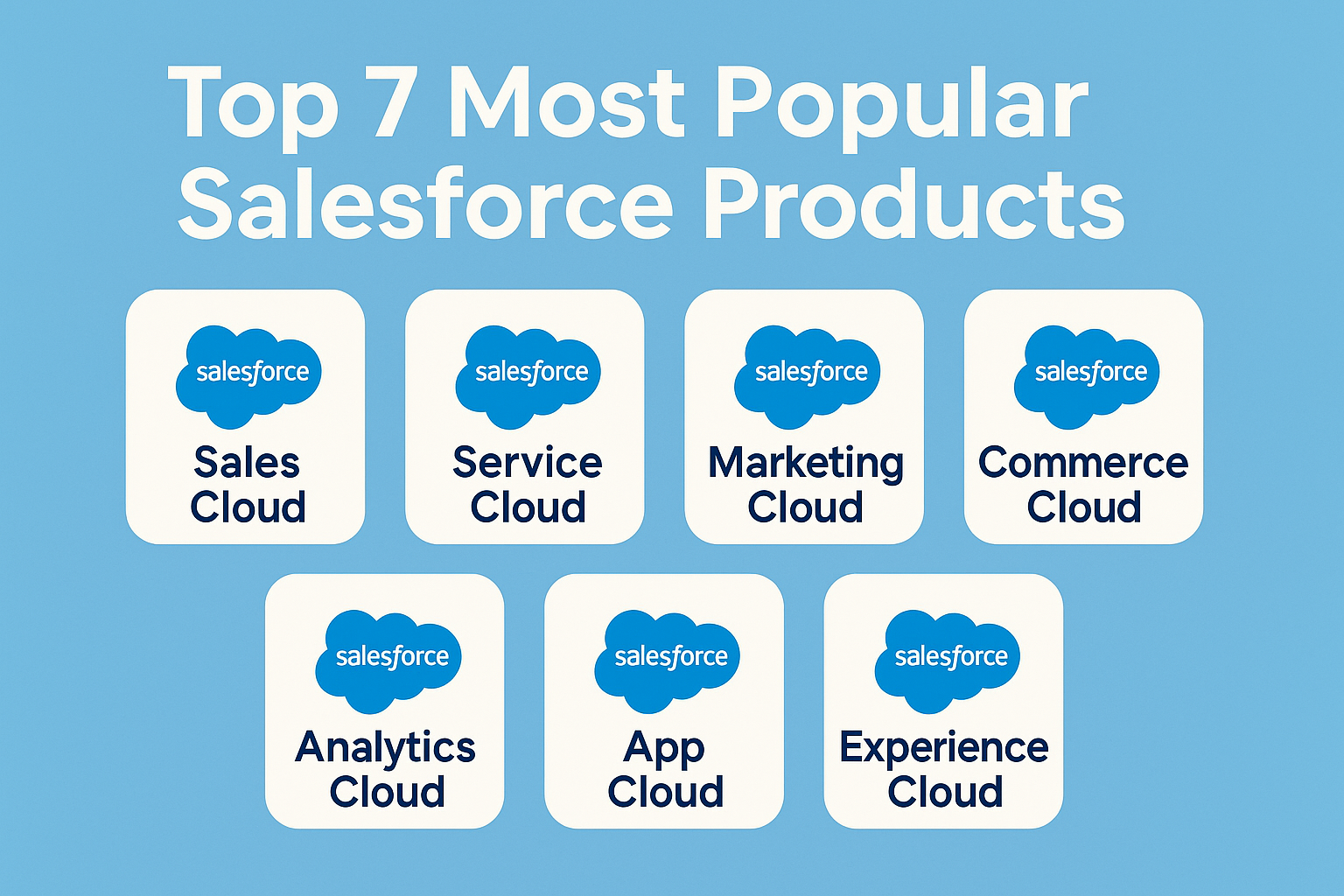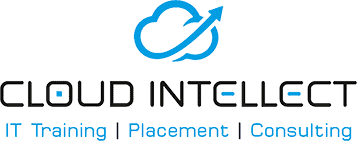
Salesforce is the world’s leading customer relationship management (CRM) platform, offering a wide range of cloud-based products tailored to help businesses grow, streamline operations, and enhance customer engagement. With so many tools available, knowing which Salesforce products are the most popular—and how they’re used—can help businesses make smarter decisions.
Here’s a breakdown of the top 7 most popular Salesforce products and how they empower companies across industries.
1. Sales Cloud
What it is:
Sales Cloud is the flagship product of Salesforce, designed specifically for sales teams. It helps manage leads, track opportunities, automate workflows, and improve customer interactions.
Key Uses:
-
Lead and opportunity management
-
Sales forecasting and performance tracking
-
Workflow automation and sales process optimization
-
Mobile access for sales reps on-the-go
Best For:
Sales teams aiming to increase productivity, close deals faster, and gain better visibility into their pipeline.
2. Service Cloud
What it is:
Service Cloud is a customer service platform built to streamline support operations and improve customer satisfaction.
Key Uses:
-
Case management and automated ticket routing
-
AI-powered chatbots and knowledge base integration
-
Omni-channel support (phone, email, chat, social)
-
Real-time analytics and service insights
Best For:
Support teams that want to reduce response times, increase first-contact resolution, and offer exceptional customer service.
3. Marketing Cloud
What it is:
Marketing Cloud is a comprehensive digital marketing platform that helps businesses personalize customer journeys across channels.
Key Uses:
-
Email, SMS, social media, and advertising automation
-
Customer journey mapping and segmentation
-
Predictive analytics and AI-driven insights
-
Campaign performance tracking
Best For:
Marketing teams looking to run targeted campaigns, increase engagement, and optimize ROI across all digital touchpoints.
4. Commerce Cloud
What it is:
Commerce Cloud powers seamless B2C and B2B eCommerce experiences.
Key Uses:
-
Online store creation and product catalog management
-
Personalized shopping experiences using AI
-
Mobile-first commerce and multi-channel selling
-
Order management and customer insights
Best For:
Retailers and brands wanting to create unified, scalable, and personalized online shopping experiences.
5. Experience Cloud (formerly Community Cloud)
What it is:
Experience Cloud enables organizations to build branded portals, customer communities, and partner hubs.
Key Uses:
-
Creating self-service support portals and knowledge bases
-
Launching partner relationship management sites
-
Enabling customer engagement through forums and events
-
Integration with CRM data for personalized experiences
Best For:
Companies looking to build strong digital communities and enhance customer and partner collaboration.
6. Analytics Cloud (Tableau CRM)
What it is:
Now integrated with Tableau, this product provides robust analytics and business intelligence tools.
Key Uses:
-
Real-time reporting and customizable dashboards
-
Predictive analytics powered by AI (Einstein Analytics)
-
Data integration from multiple sources
-
Mobile-ready analytics for on-the-go insights
Best For:
Data-driven teams aiming to visualize trends, uncover opportunities, and make smarter business decisions.
7. AppExchange and Salesforce Platform
What it is:
The Salesforce Platform is a PaaS (Platform as a Service) offering, allowing developers to build custom apps. AppExchange is the official marketplace for third-party Salesforce apps.
Key Uses:
-
Creating custom apps and automating business processes
-
Integrating third-party tools and extensions
-
Leveraging low-code/no-code tools like Flow and Apex
-
Scaling innovation across departments
Best For:
IT teams and developers looking to customize Salesforce to meet specific business needs.
FAQs About Salesforce Products
1. What is the most used Salesforce product?
Sales Cloud is the most widely used Salesforce product due to its core CRM features tailored for sales teams.
2. Can small businesses use Salesforce products?
Yes, Salesforce offers solutions for businesses of all sizes, including small businesses, through scalable plans and customizable features.
3. What is the difference between Sales Cloud and Service Cloud?
Sales Cloud is designed for sales automation and lead management, while Service Cloud focuses on customer support and case management.
4. Is Salesforce suitable for eCommerce?
Yes, Commerce Cloud is specifically built for creating personalized and scalable eCommerce experiences.
5. What are the benefits of using multiple Salesforce products together?
Using multiple Salesforce products offers a unified platform for sales, service, marketing, and more—leading to better data visibility, automation, and customer experience.
6. Is Salesforce only for CRM?
While Salesforce started as a CRM, it has evolved into a full business platform with tools for marketing, analytics, commerce, app development, and more.
Conclusion:
Salesforce offers a robust suite of products designed to meet diverse business needs. Whether you’re focusing on sales growth, customer service, marketing automation, or app development, there’s a Salesforce product that can help drive your success.

